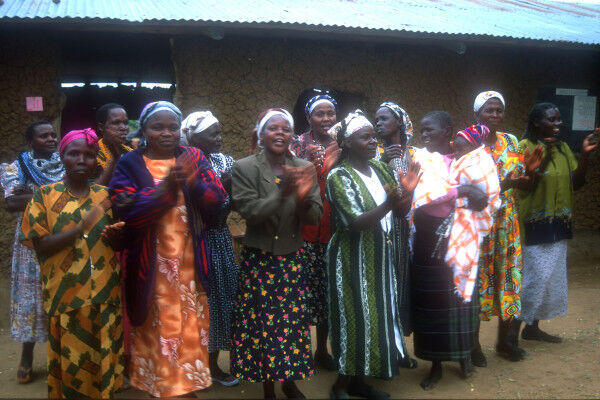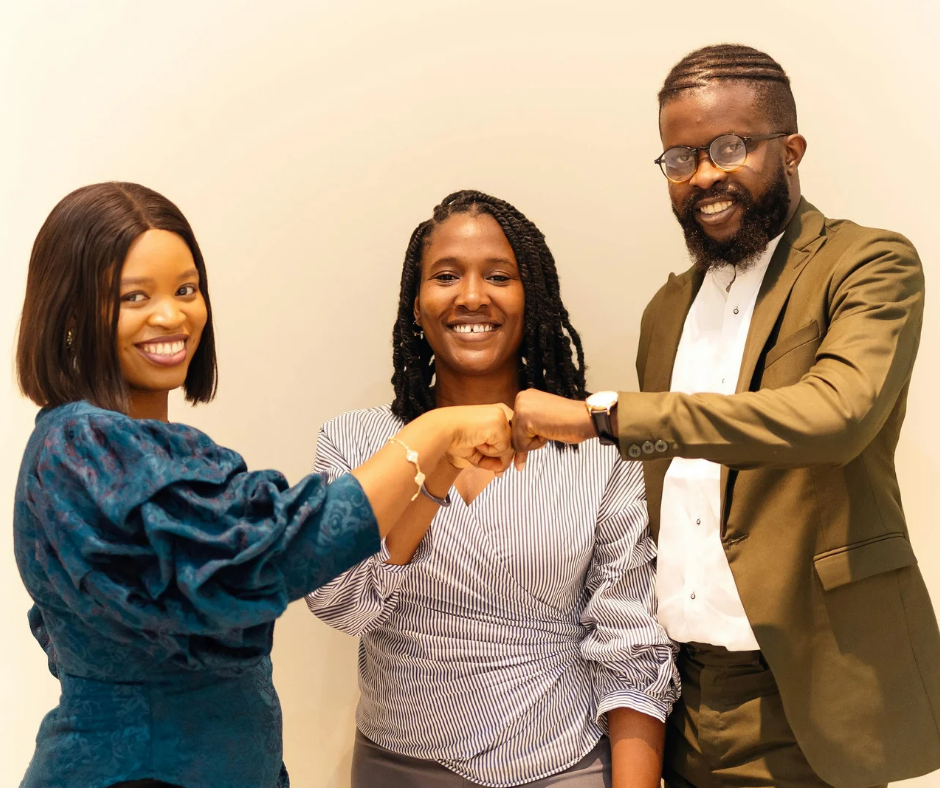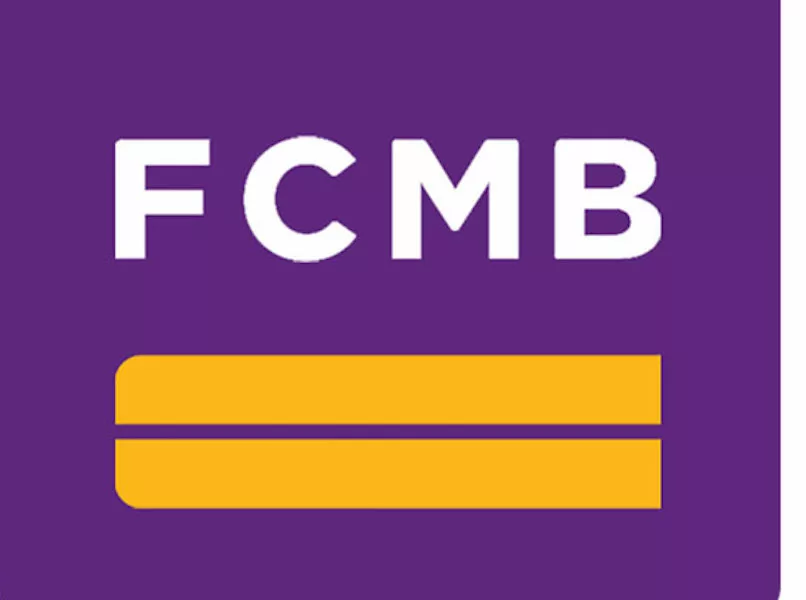
The University of Southern California (USC) (https://www.USC.edu) Africa Hub brings professors and students together with experts and organizations in Africa to tackle some of the region’s most pressing health issues, addressing inequalities through innovative use of human rights-based approaches.
“We did a lot of COVID-related work in the past two years and one thing that is very striking to me is that it is not enough to stop the pandemic with only the biomedical tools. We need also to focus on the legal and societal aspects that need to be understood to address diseases.” said Dr. Laura Ferguson, assistant professor, director of research at USC’s Institute on Inequalities in Global Health, and director of its Program on Global Health & Human Rights.
Among its many projects, the USC Africa Hub is part of a new consortium that’s looking at zoonotic diseases — diseases that jump from animals to humans — in Uganda. There has been a surge of interest in these human and wildlife interactions because of questions about the origins of COVID-19. The goal of the research is to better understand this disease by building a surveillance system and analyzing farming practices, land use, the interface of humans and animals in wildlife and forest environments, gender inequalities, and other socioeconomic factors.
Under Dr. Ferguson’s leadership, the Hub is taking the lead in investigating what is it about local gender norms that might make women, girls, men, or boys more at risk of these diseases. It may be because of what they’re expected to do in society, like fetch water, plow the fields, or search for food in the forests. These expectations also have an impact on girls’ education because they may be pulled out of school to fulfill some responsibilities. The Hub is also analyzing how laws and policies in the region influence work at the interface of human health, wildlife, and animals. It is trying to create models for doing this kind of work moving forward so future researchers will always consider the interaction of health issues and human rights.
The Hub’s research on COVID-19, in partnership with Amref Health Africa, Africa’s largest African nongovernmental health organization, included an exploration of the equity of Kenyan and Ugandan governments’ responses to the pandemic.
“To get the communities on board to address health issues like COVID, we work with our partners in Africa to better understand who gets left behind in government responses. Our partners are embedded in local communities and as such are best placed to identify where gaps exist. We can then bring together all these data to provide recommendations for improvements.” said Ferguson.
The project found that in both countries, as has also been found in countries around the world, political elites shaped COVID-19 responses so that they primarily catered to people in their own socioeconomic bracket — which is a tiny minority of residents in Kenya and Uganda. For the vast majority of the population, this approach has increased inequalities and contributed to food insecurity, malnutrition, and unemployment.
Along with their local partners, the USC Africa Hub is now using that data to influence government policies and interventions across different sectors to prevent this from happening again.
In another project, USC Africa Hub is partnering with the African Population and Health Research Center, one of the continent’s premier think tanks. Their joint research project looks at inequalities in the context of HIV including education, health, housing, and employment. It aims to provide a framework for thinking about all the different factors that create and exacerbate vulnerability to HIV infection as well as a toolkit to help countries create a context-specific plan to address these inequalities and their drivers.
As the Hub continues into its third year, there will be more relevant studies focusing on understanding and addressing societal factors affecting health as well as developing the evidence base of how attention to human rights can improve health outcomes. There will also be more attention to educational initiatives with ideas to bring together in different ways students and faculty from Los Angeles and Nairobi.
Distributed by APO Group on behalf of University of Southern California.
Media Contact:
Walt Wang
International Communications Manager
E: [email protected]
About USC Africa Hub:
The USC Africa Hub (https://bit.ly/3KYDx0P) was launched by USC Institute on Inequalities in Global Health (IIGH) (https://globalhealth.USC.edu/) in 2020, with support from USC’s Office of Strategic and Global Initiatives. It aims to establish and build equitable partnerships for collaborative African and global health research. The Hub has to date established partnerships and projects with Amref Health Africa, the African Population and Health Research Center (APHRC), the Uganda Virus Research Institute, Conservation Through Public Health (Uganda), and the Kenya Legal & Ethical Issues Network on HIV and AIDS (KELIN).






